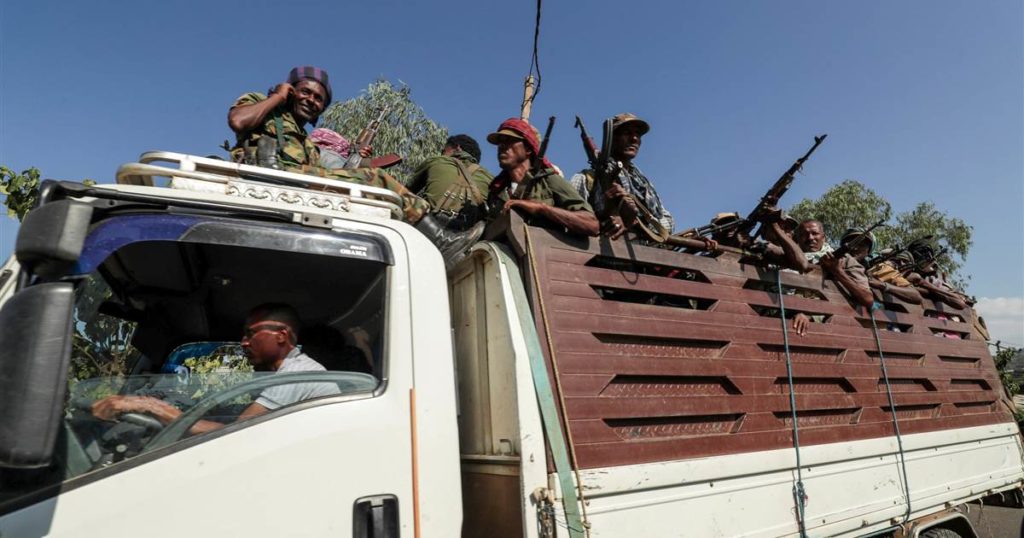Tensions between Ethiopia and Sudan continued to escalate on Tuesday, less than a week after Sudan accused an Ethiopian military aircraft of crossing into Sudan, Deutsche Welle informed.
The Sudanese army reportedly advanced to the west of Ethiopia’s Gondar region near the border, while residents and government officials claimed some members of the military looted cattle and burned farmlands belonging to Ethiopian farmers.
Ethiopia-Sudan relations have long hinged on mutual suspicion and disagreements over territory.
A fragile peace between the two countries began to unravel in November 2020 after conflict broke out in Ethiopia’s northern Tigray region along the disputed border.
The border between Ethiopia and Sudan has been disputed for more than a century, with a number of failed attempts to negotiate an agreement on exactly where the border should run.
Treaties drawn up in 1902 and 1907 between Ethiopia and Britain were intended to define the border between Sudan and Ethiopia.
But Ethiopia has long claimed that parts of the land given to Sudan actually belong to them.
“This issue has been shelved for some time and although there was Ethiopian agriculture activity in these areas, there seemed to be an understanding that it didn’t mean it was Ethiopian land,” William Davison, a senior analyst for Ethiopia at International Crisis Group told DW.
Decades of friction and negotiations seemingly ended in 2008 when a ‘soft border’ compromise was reached between the countries.
However, this agreement began to unravel after Ethiopia’s Tigray People’s Liberation Front (TPLF) was removed from power in 2018.
The Ethiopia delegation’s head of the 2008 border talks, Abay Tsehaye, was a senior official of the TPLF, which ethnic Amhara leaders have since labeled a secret deal.
Initially, Ethiopian Prime Minister Abiy Ahmed’s friendly relationship with his Sudanese counterpart was cause for optimism.
“After Abiy Ahmed took power, [Abdalla] Hamdok became the Prime Minister [of Sudan],” Phillip C. Jahn the Resident Representative of the Friedrich Ebert Foundation in Sudan told DW.
“He has spent a long part of his career in Ethiopia, so he knows a lot of people in the TPLF, but he’s also very close to Abiy Ahmed.”
However, attempts to resolve the issue at a regional summit in December 2020 were unsuccessful. Shortly afterwards, clashes between the Sudanese army and Ethiopian shifta forces took place on farmlands in the border area.
“Exactly what has triggered [Sudan’s] assertive move is not clear, but it is that assertiveness that Ethiopia believes goes against the agreements that the parties had to resolve this through negotiations that had led to the tensions,” said Davison.
